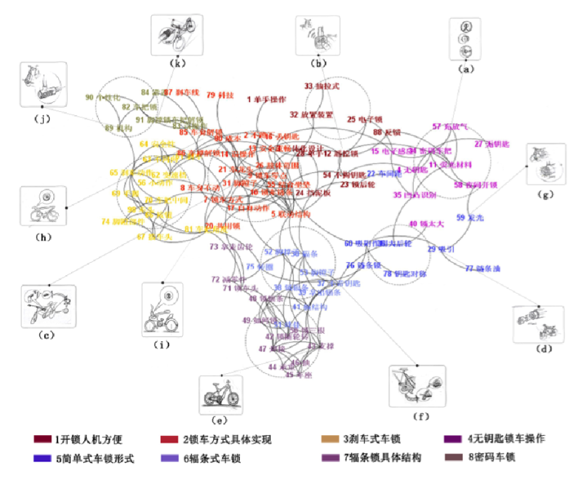Research on the Diagnosis Method of Design Situated Cognitions Based on the Complex Linkography-network
Principal Investigator: XU Jiang
The complex design cognition and concept evolution limited to process research, is involved in the problem of ambiguity and uncertainty analysis. From the perspective of cognitive semantic reasoning and link representation, a deep mining on understanding design process is conducted by using the semantic links as the representation of design cognition information. On the basis of these, a multi-dimensional cognitive model which integrates data links, process links and conceptual links is proposed by emphasizing on the cognitive communication text information. The model using matrix to storage semantic link data processes unstructured data of design cognition. Though analyzing the link node entropy obtained by merging the uncertain information theory, T-code coding method and linkography, the complexity of the design cognition process is evaluated to realize the capture of key innovative concepts and analysis of switching design intention. On the aspect of non-sequential concept space relations, the semantic network clusters focus on analyzing the evolution of cognitive concept and extracting the evolutionary path. Furthermore, effectiveness on the multi-dimensional model is proved through case study on design experiments realizing a language data driven research method. Linkage software is also developed to realize the automatic computation and data visualization aiming at providing design modification and evaluation basis from multi dimensions and improving the automation and efficiency on design cognition and computation.








